

Student Handbook
JANUARY 2025 PRE-IB

“At Westbourne we look for talent to nurture and have made it our vision to contribute to the growth and development of young people who can be the innovators of tomorrow. It is our reason for existence.”
Principal’s Welcome
I am delighted to extend a warm Westbourne welcome to our new students and families. We are thrilled to have you join our community this year and excited to walk the path ahead by your side.
The IB Diploma Programme will be intense, enriching and challenging, and as a result highly rewarding.
The intention of the Year 10 programme is to prepare students for the demands of the IB and introduce them to the STEM and business focused workplace culture that exists at the college.

With our track record of academic excellence, your sustained effort and the support and guidance of our exceptional team of teachers, we will prepare you for university and your future beyond the college gate.
Unlike other courses of study, the IB Diploma programme is an evolving and continuous two year programme, and your performance from day one in Year 11 will influence the outcome on graduation day of Year 12. Success in this course cannot be achieved just by cramming for exams at the end of the two years. Our STEM-focused programme will take you on an amazing journey, with opportunities that will allow you to develop valuable and relevant new skills. I encourage you to invest an ongoing effort in your studies and take the initiative to actively engage in your college and the unique opportunities provided. Make learning the skill you are striving for by taking something from every experience and achieve your full potential.
This handbook will give you an idea of the education that we will provide for you and an indication of the culture that we wish to establish right from the outset of your time with Westbourne. Our aim is to equip you to be the leaders of tomorrow with the results and preparation you will need to enter the most competitive universities within Australia and across the globe, and succeed there and beyond. As our college motto proudly declares, Plus Ultra: future beyond. We aim to help you build an excellent foundation for your future beyond, to set you up as adaptable, active and responsible citizens of the 21st century.
Your journey starts here. Enjoy it.
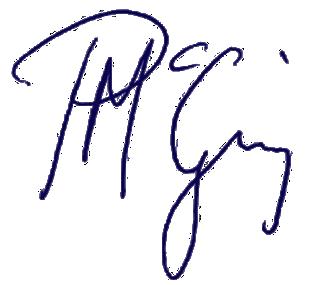
Patrick McGing Principal
Pre-IB Programme
The Pre-IB Programme is a highly tailored approach, deepening broad subject knowledge, with a special emphasis on STEM disciplines and a fast track to IBDP excellence.
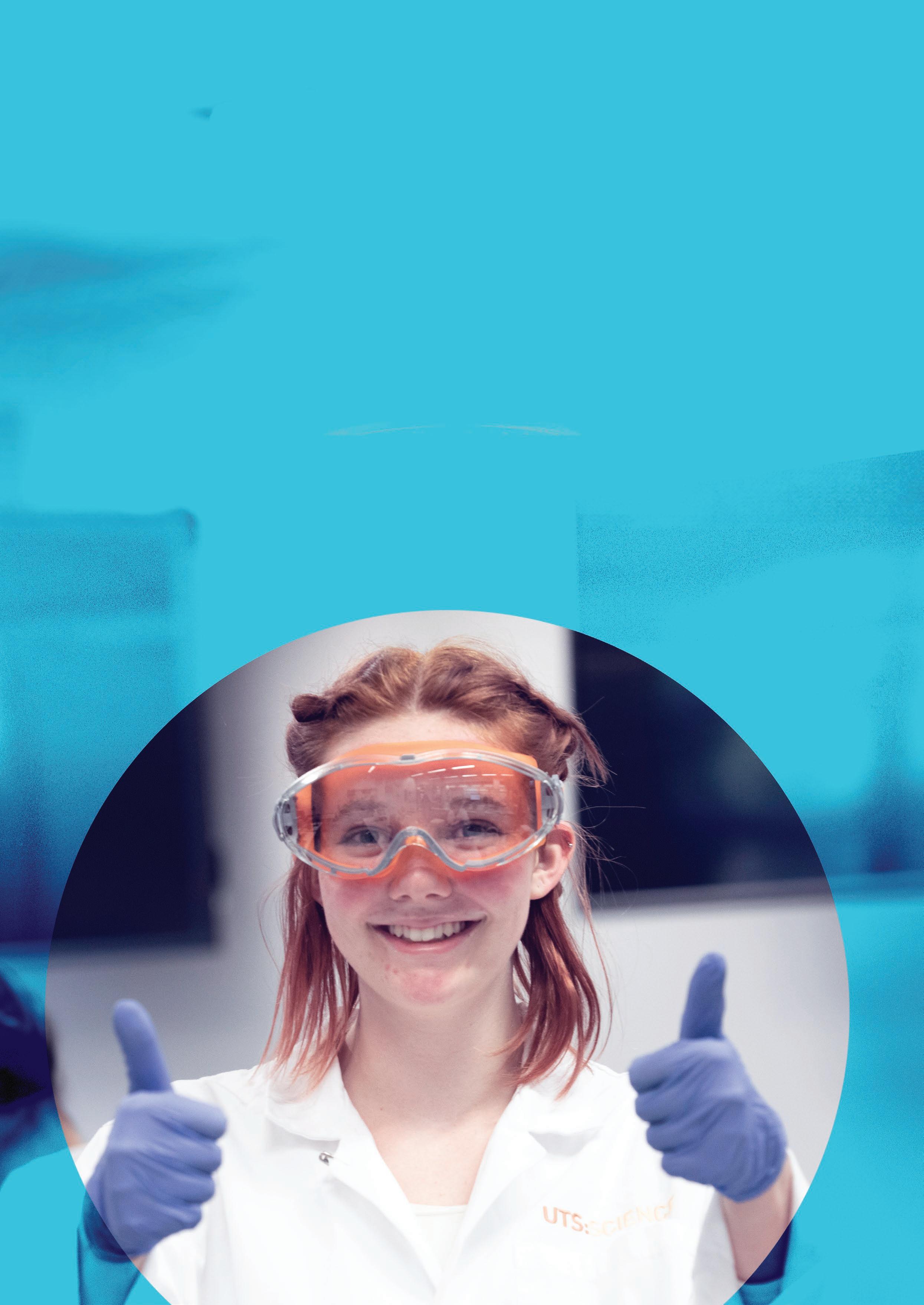
The transformative Year 10 Pre-IB programme is expertly designed to equip you with core foundational knowledge and skills, to progress and start Westbourne’s STEM-centric IB Diploma strong.
You’ll immerse in a rich tapestry of cultures and perspectives delivered in an environment of learning that breaks free from the confines of traditional classroom boundaries, encouraging academic exploration.
SUBJECT Science
Designed to align with the NESA Stage 5 outcomes for Earth and Environmental Science, Biology, Chemistry and Physics.
Two courses of Science will run simultaneously on different fields of science. The courses are designed to lay the foundations for each of the IB Group 4 subjects, allowing an easier transition into Year 11 IB Science and a deeper understanding of what is involved in each field. The course will extend beyond the NESA requirements in some areas in order to allow for this improved transition.
♦ Learn each subjects separately and gain an experience of the similarities and differences between the sciences.
♦ A focus on skills within this program designed to enhance your ability to conduct IB Internal assessments and extended essays. These include experimental design, problem-solving ,as well as simple computer modelling, data processing, analysis and visualization.
♦ Assessments are designed to enable students to learn and practice study skills that will be required in their IB science assessments

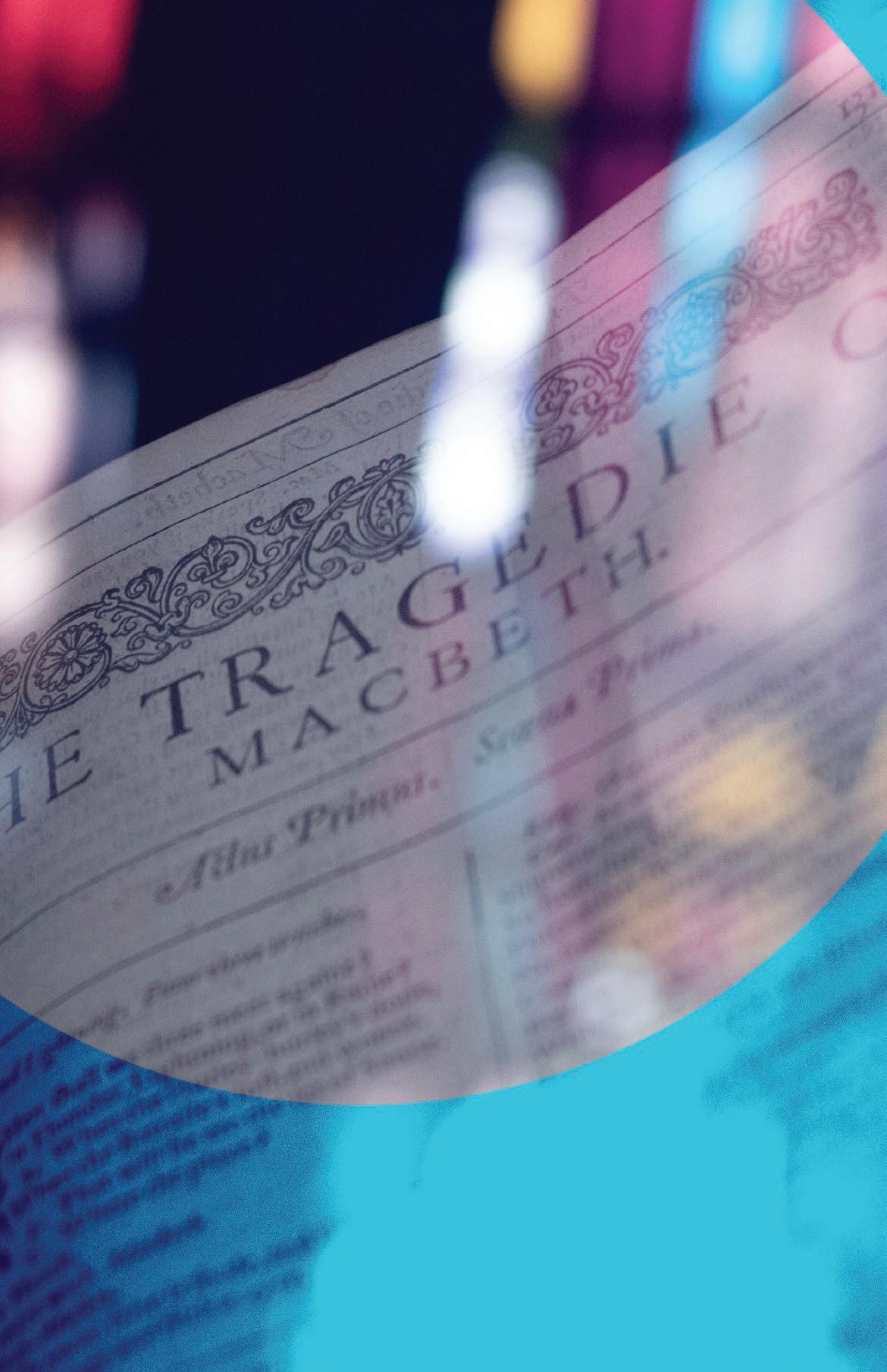
SUBJECT
English
Designed to meet the NESA requirements within the literary text choices as well as follow the same format of the IB Language and Literature course, ensuring that students are well prepared for the move into the IB.
Students will engage with a variety of textsa selection of poetry; a novel by an Indigenous author; a Shakespeare play - that will be thematically paired with a selection of non literary texts. These non literary texts will cover a broad scope that deal with modern, relevant cultural and social issues. Each unit will consider the comparison of the presentation of these issues in different forms and contexts.
♦ Each assessment in the term will mirror the type of assessment and the skills that are required in the three forms of assessment in the International Baccalaureate
♦ The terminology and techniques of non literary works will be explored in depth allowing for a strong foundational knowledge in that area
Commerce is designed to tmeet the NESA requirements for Stage 5 Commerce, providing you with foundational understanding of economic and financial literacy with a focus on real-world applications that are relevant to daily life and future workplaces.
You will explore four main areas: consumer and financial decisions, promoting and selling, the economic and business environment, and running a business. Through these topics, you will learn to analyse the factors that influence consumer behavior, understand your rights and responsibilities, and develop strategies for effective financial and business management. This knowledge equips you to make informed and ethical financial decisions, preparing you to be a proactive and responsible participant in the economic landscape.
♦ Develop analytical and decision-making skills essential for Business Management in the IB Diploma Programme, including the ability to assess consumer, financial, economic, and business factors that affect individuals, societies, and environments.
♦ Engage in inquiry-based learning by researching and evaluating data, testing hypotheses, and understanding the impact of economic activities on society and the environment. This includes investigating ethical, social, and environmental considerations within the context of business.
♦ Focus on practical applications through case studies, projects, and entrepreneurial activities, such as budgeting and business planning, that connect theoretical knowledge to real-world scenarios. These experiences build your skills in critical thinking, problem-solving, and financial management, laying a strong foundation for Business Management in the IB Diploma Programme.

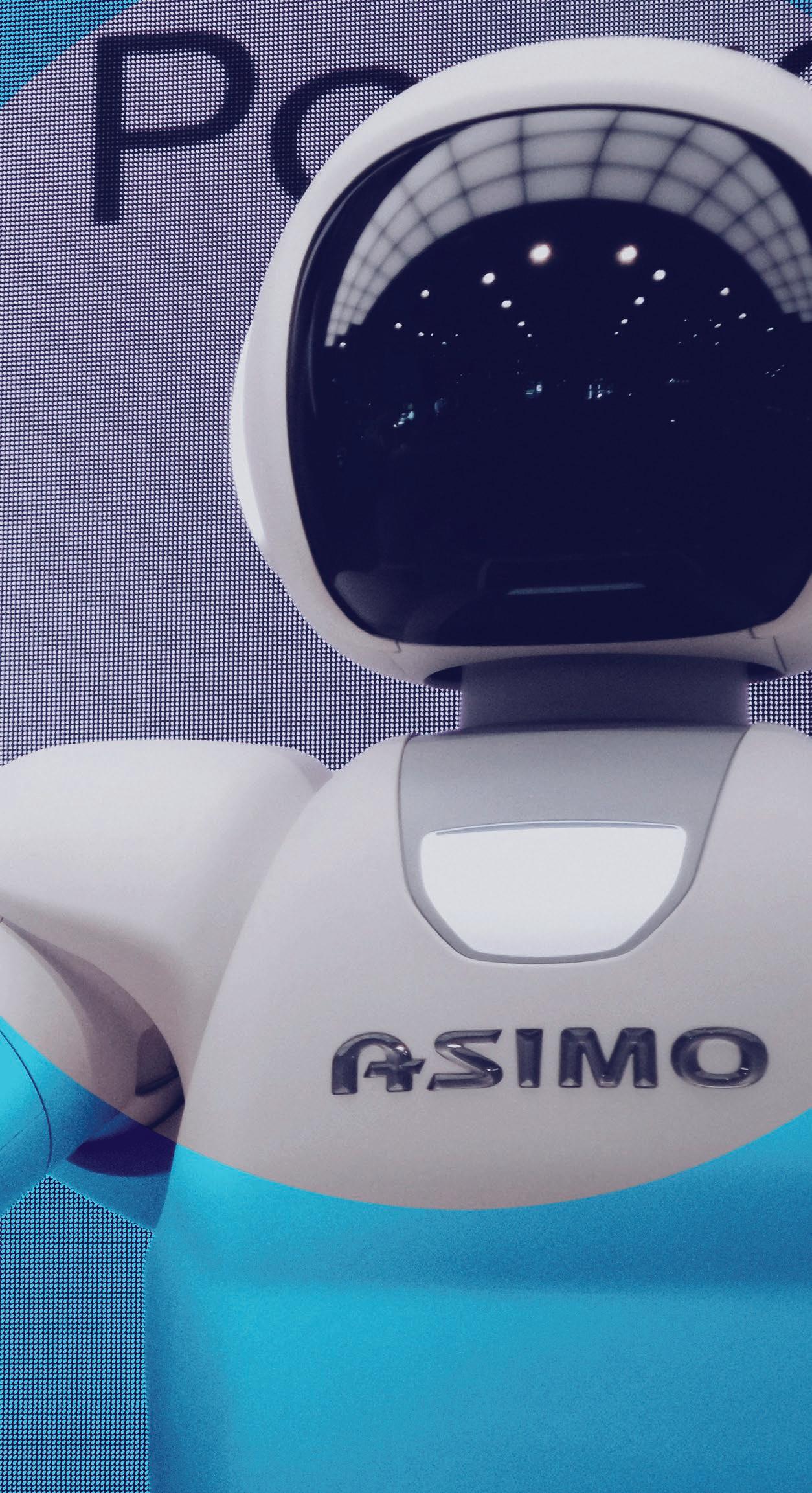
SUBJECT
Computer Technology
Consists of four modules in which you learn different aspects of computer technology.
The design process will underpin each module and be applied in such a way as to use technology to solve problems with real life links.
♦ Learn computer programming, computer modeling and the interaction of coding and electronics and robotics
♦ Skills gained can be used in Extended Essays or Internal Assessments
SUBJECT Commerce

SUBJECT
Mathematics
Designed to prepare you for the Mathematics: Analysis and Approaches course in the IB Diploma Programme, while ensuring also that you can demonstrate the NESA Core and relevant Path outcomes.
♦ Students will complete all the core units to master the necessary skills to excel in the DP. They will also complete different pathway units depending on whether they will be taking Standard Level or Higher Level Analysis ensuring they are fully prepared for Year 11
♦ Students will also be developing their investigative skills through classwork and assignments while also practicing exam skills and time management

SUBJECT
Languages
Guides you in cultivating an awareness of the inherent value of languages, sparking a genuine interest in the exploration of additional languages, and providing them with the essential skills for successful language acquisition.
In addition, you will delve into the language and cultural aspects of a variety of world languages, with a specific focus on Spanish. This aims to offer you a comprehensive understanding of both linguistic structures and cultural dimension, enriching your language learning experience and fostering a deeper appreciation for the rich and diverse tapestry of global communication.
♦ Be equipped with the practical skills essential for successful language acquisition throughout the IB Diploma Program
♦ Cover foundational language structures and effective language learning strategies, students will acquire the tools needed to navigate the rewarding path of mastering new languages.
SUBJECT
Theory of Knowledge
You will explore the role of knowledge in society (within politics and religion) as well as how it functions.
This subject is designed to prepare students for the IB and its core elements Theory of Knowledge and Extended Essay.
IB Diploma Programme
The IB Mission Statement
The International Baccalaureate aims to develop inquiring, knowledgeable and caring young people who help to create a better and more peaceful world through intercultural understanding and respect. To this end the organisation works with schools, governments and international organisations to develop challenging programmes of international education and rigorous assessment. These programmes encourage students across the world to become active, compassionate and lifelong learners who understand that other people, with their differences, can also be right.
Westbourne College Sydney Mission Statement
Westbourne develops well-rounded, deeply thoughtful, socially responsible and globally minded leaders for the future - for the careers of the future.
Our mission is to deliver an excellent all-round academic, intellectual and personal education in a safe and caring learning environment. Our students are challenged to reach their maximum potential through academic success and personal growth, becoming learners for life and socially responsible, active global citizens.
We provide students with a comprehensive education designed for excellent university preparation and utilising best practices in education from around the world. We deliver our education through strong partnerships with local education and business partners, excellent teachers, committed parents, and involving the local, national and international community.
History of the International Baccalaureate’s Diploma Programme (IBDP)
Created in 1968, the IBDP is a pre-university course of study. It is designed for motivated students aged 16 to 19. The programme has earned a reputation for rigorous assessment, giving DP holders access to the world’s leading universities. The DP grading system is criterion-referenced: each student’s performance is measured against well-defined levels of achievement consistent from one examination session to the next; therefore, academic standards are maintained over the years.
The programme was born through efforts to establish a common curriculum and university entry credential for students moving from one country to another. International educators were motivated not only by practical considerations but also by an idealistic vision: students should share an academic experience that would emphasize critical thinking, intercultural understanding and exposure to a variety of points of view.
We have the great opportunity to cooperate closely with our sister colleges with sites based around the world. Therefore, we can engage on joint projects, share experiences, discuss international issues and benefit from different perspectives and the points of view from different countries, cultures and perspectives.

The Diploma Programme Curriculum (Core)
The programme has the strengths of a traditional and broad curriculum, but with three important additional compulsory features. These represent different forms of experiential learning and as such are linked to one another to create a holistic experience as well as supporting the main academic subjects.
1. Theory of Knowledge (TOK)
TOK is an interdisciplinary requirement intended to stimulate critical reflection on the knowledge and experience gained inside and outside the classroom. The course will challenge you to question the bases of knowledge, to be aware of subjective and ideological biases, to use critical thinking and evaluative skills and to develop the ability to analyse evidence that is expressed in rational argument. It is a key element in encouraging you to appreciate other cultural perspectives and different points of view. The course is unique to the Diploma Programme and recommends at least 100 hours of teaching time running concurrently with other subjects.
2. Creativity, Activity, Service (CAS)
The International Baccalaureate goal is to educate the whole person and foster responsible, compassionate citizens. The CAS programme encourages students to share their energy and special talents with others as they reflect on their experiences and discover hidden talents and develop excellent soft skills which are much sought-after by employers. Our students, through these activities, will develop greater awareness of themselves, concern for others, and the ability to work co-operatively with other people.
CAS activities will be approved by the CAS Co-ordinator and undertaken under appropriate supervision. CAS activities should be ongoing, challenging and a new experience for the student. The need to reflect both during and at the end of the process ensures the activities become learning experiences.
3. The Extended Essay
This element of the Diploma Core offers you the opportunity to investigate a topic of special interest, in the form of a 4,000-word piece of independent research. You select an area of research from your Diploma Programme subjects and learn the independent research and writing skills expected at university. This leads to a major piece of formally presented, structured writing, in which ideas and findings are communicated in a reasoned and coherent manner. It is intended to promote high-level research and writing skills, intellectual discovery and creativity.
You will investigate a topic of special interest to you. The essay requirement acquaints diploma candidates with the kind of independent research, writing skills and correct academic referencing expected by universities. The IB recommends that you devote a total of about 40 hours of private study and writing time to the essay. The essay permits you to deepen their programmes of study, for example by selecting a topic in a subject of particular interest. Further, it provides excellent material for you to discuss with university admissions’ tutors at interview. Clearly, this is a substantial and challenging piece of work but you will receive step by step guidance and support throughout the whole process.
The IB Learner Profile

The aim of the IB Diploma Programme is to develop internationally minded people who, recognising their common humanity and shared guardianship of the planet, help to create a better and more peaceful world.
Through the IB Learner Profile this aim is worked out on the ground and over the two years of the Diploma Programme. The characteristics below will develop students into well-educated, impressive young people, fully equipped to be the leaders of the future. The IB Diploma Programme is not just about what you learn; it is about who you become as you learn.
Have a natural curiosity and learn to acquire the skills necessary to conduct inquiry and research and show independence in learning. You actively enjoy learning and this love of learning will be sustained throughout your life. Inquirers
Explore concepts, ideas and issues that have local and global significance. In so doing you acquire in-depth knowledge and develop understanding across a broad and balanced range of disciplines. Knowledgeable
Thinkers
Exercise initiative in applying thinking skills critically and creatively to recognise and approach complex problems, and make reasoned, ethical decisions.
Communicators
Understand and express ideas and information confidently and creatively in more than one language and in a variety of modes of communication. You are willing to work in collaboration with others.
Act with integrity and honesty, with a strong sense of fairness, justice and respect for the dignity of the individual, groups and communities. You take responsibility for your own actions and the consequences that accompany them.
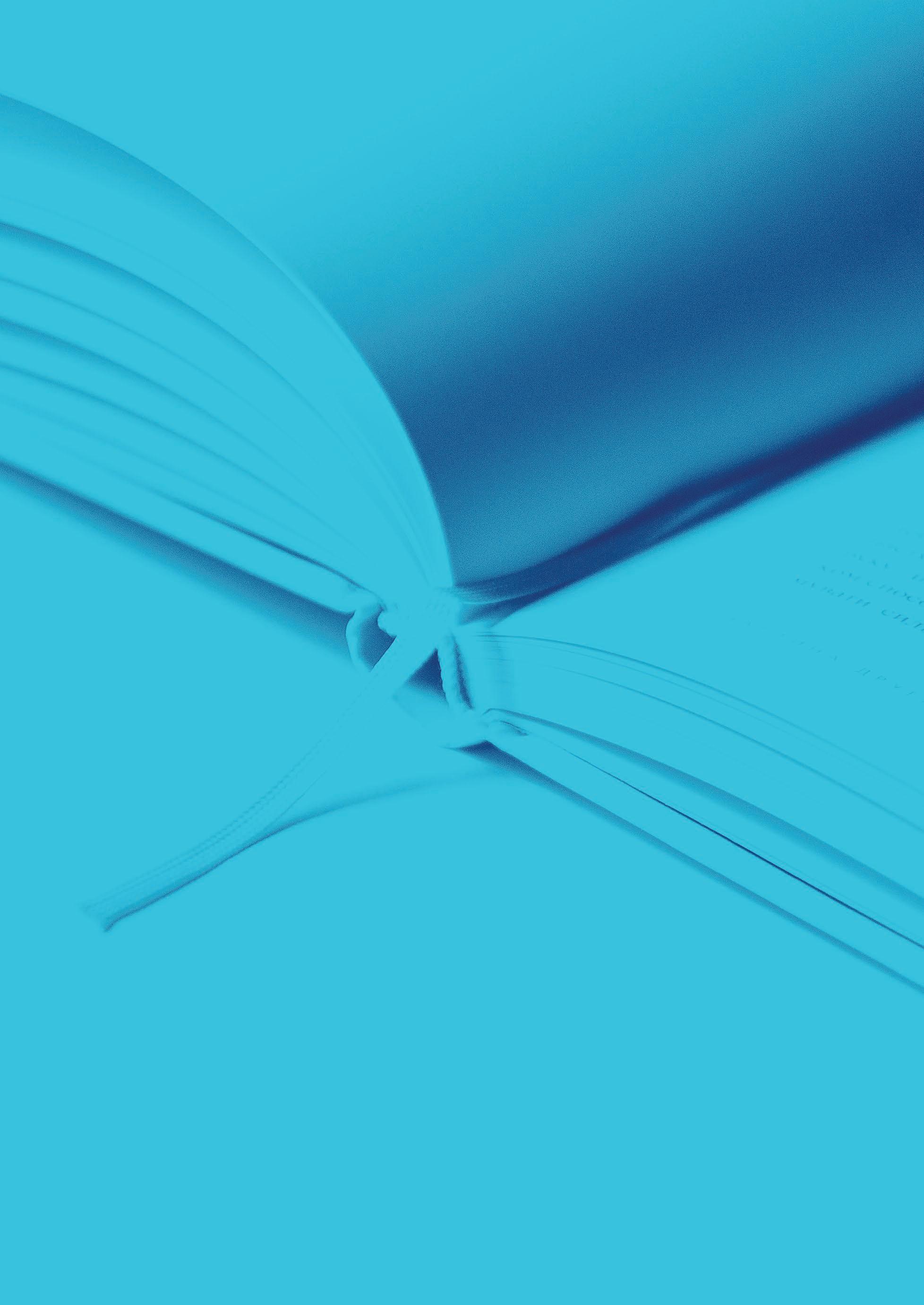
Understand and appreciate your own cultures and personal histories, and are open to the perspectives, values and traditions of other individuals and communities. You seek and evaluate a range of points of view and you are willing to grow from the experience.
Show empathy, compassion and respect towards the needs and feelings of others. You have a personal commitment to service, and act to make a positive difference to the lives of others and to the environment.
Risk Taker
Approach unfamiliar situations and uncertainty with courage and forethought and have the independence of spirit to explore new roles, ideas and strategies. You are brave and articulate in defending your beliefs.
Balanced
Understand the importance of intellectual, physical and emotional balance to achieve personal well-being for yourself and others.
Give thoughtful consideration to your own learning and experience. You are able to assess and understand your strengths and limitations in order to support your learning and personal development.
The Diploma Curriculum
Six academic subjects
The IB Diploma Programme requires a holistic programme to be studied over a range of academic disciplines. We have focused the subjects that we offer to reflect our emphasis on future STEM studies and careers.
You must select six subjects to study. Three subjects will be studied in depth at Higher Level (HL) and three subjects will be studied at slightly less depth at Standard Level (SL). This arrangement provides both depth and breadth of academic study and will give you a range of skills not developed by other Year 11-12 curricular.
Thus, your studies will benefit from a deliberate combination of academic depth and breadth. A deliberate compromise between specialisation and breadth. The science-oriented student is challenged to learn another language and the talented linguist becomes familiar with laboratory procedures. The social scientist keeps touch with mathematics and the linguist stays familiar withscientific principles – the perfect all-round educated young person.

English
Course description and aims
The Language A: language and literature course aims at studying the complex and dynamic nature of language and exploring both its practical and aesthetic dimensions.
The course will explore the crucial role language plays in communication, reflecting experience and shaping the world, and the roles of individuals themselves as producers of language. Throughout the course, students will explore the various ways in which language choices, text types, literary forms and contextual elements all effect meaning.
Through close analysis of various text types and literary forms, students will consider their own interpretations, as well as the critical perspectives of others, to explore how such positions are shaped by cultural belief systems and to negotiate meanings for texts.
The aims of studies in language and literature courses are to enable students to:
♦ Engage with a range of texts, in a variety of media and forms, from different periods, styles and cultures
♦ Develop skills in listening, speaking, reading, writing, viewing, presenting and performing
♦ Develop skills in interpretation, analysis and evaluation
♦ Develop sensitivity to the formal and aesthetic qualities of texts and an appreciation of how they contribute to diverse responses and open up multiple meanings
♦ Develop an understanding of relationships between texts and a variety of perspectives, cultural contexts, and local and global issues, and an appreciation of how they contribute to diverse responses and open up multiple meanings
♦ Develop an understanding of the relationships between studies in language and literature and other disciplines
♦ Communicate and collaborate in a confident and creative way
♦ Foster a lifelong interest in and enjoyment of language and literature


“A word after a word after a word is power.” Margaret Atwood
Language Acquisition
Course description
Language acquisition consists of two modern language courses: Language Ab initio and Language B, both designed to provide students with the necessary skills and intercultural understanding to enable them to communicate successfully in an environment where the language studied is spoken.
SUBJECT
Language ab initio
Offered at SL only, language ab initio is a language acquisition course designed for students with no previous experience in—or very little exposure to— the target language.
♦ Language ab initio students develop their receptive, productive and interactive skills while learning to communicate in the target language in familiar and unfamiliar contexts.
♦ Students develop the ability to communicate through the study of language, themes and texts. There are five prescribed themes: identities, experiences, human ingenuity, social organization and sharing the planet.
♦ While the themes are common to both language ab initio and language B, the language ab initio syllabus additionally prescribes four topics for each of the five themes, for a total of 20 topics that must be addressed over the two years of the course.
SUBJECT
Language B
Language B is a language acquisition course designed for students with some previous experience of the target language. Students further develop their ability to communicate through the study of language, themes and texts.
There are five prescribed themes: identities, experiences, human ingenuity, social organization and sharing the planet.
Both language B SL and HL students learn to communicate in the target language in familiar and unfamiliar contexts. The distinction between language B SL and HL can be seen in the level of competency the student is expected to develop in receptive, productive and interactive skills.
At HL the study of two literary works originally written in the target language is required and students are expected to extend the range and complexity of the language they use and understand in order to communicate. Students continue to develop their knowledge of vocabulary and grammar, as well as their conceptual understanding of how language works, in order to construct, analyse and evaluate arguments on a variety of topics relating to course content and the target language culture(s).

“Everything is theoretically impossible, until it is done.” Robert A. Heinlein

The following language acquisition aims are common to both Language ab initio and Language B.
♦ Develop international-mindedness through the study of languages, cultures, and ideas and issues of global significance.
♦ Enable students to communicate in the language they have studied in a range of contexts and for a variety of purposes.
♦ Encourage, through the study of texts and through social interaction, an awareness and appreciation of a variety of perspectives of people from diverse cultures.
♦ Develop students’ understanding of the relationship between the languages and cultures with which they are familiar.
♦ Develop students’ awareness of the importance of language in relation to other areas of knowledge.
♦ Provide students, through language learning and the process of inquiry, with opportunities for intellectual engagement and the development of critical- and creative-thinking skills.
♦ Provide students with a basis for further study, work and leisure through the use of an additional language.
♦ Foster curiosity, creativity and a lifelong enjoyment of language learning.
Business Management
Course description
The Business Management course is designed to develop students’ knowledge and understanding of business management theories, as well as their ability to apply a range of tools and techniques.
Students learn to analyse, discuss and evaluate business activities at local, national and international levels. The course covers a range of organisations from all sectors, as well as the socio-cultural and economic contexts in which those organisations operate. The course covers the key characteristics of business organisation and environment and the business functions of human resource management, finance and accounts, marketing and operations management. Links between the topics are central to the course. Through the exploration of six underpinning concepts (change, culture, ethics, globalisation, innovation and strategy), the course allows students to develop a holistic understanding of today’s complex and dynamic business environment. The conceptual learning is firmly anchored in business management theories, tools and techniques and placed in the context of real-world examples and case studies.
The course encourages the appreciation of ethical concerns at both a local and global level. It aims to develop relevant and transferable skills, including the ability to: think critically; make ethically sound and well-informed decisions; appreciate the pace, nature and significance of change; think strategically; and undertake long term planning, analysis and evaluation. The course also develops subject-specific skills, such as financial analysis.
The aims of the business management course at HL and SL are to:
♦ Encourage a holistic view of the world of business
♦ Empower students to think critically and strategically about individual and organisational behaviour
♦ Promote the importance of exploring business issues from different cultural perspectives
♦ Enable the student to appreciate the nature and significance of change in a local, regional and global context
♦ Promote awareness of the importance of environmental, social and ethical factors in the actions of individuals and organisations
♦ Develop an understanding of the importance of innovation in a business environment


Sciences
Course description and aims
SUBJECT
Biology
Biology is the study of life. The vast diversity of species makes biology both an endless source of fascination and a considerable challenge. Biologists attempt to understand the living world at all levels from the micro to the macro using many different approaches and techniques.
Biology is still a young science and great progress is expected in the 21st century. This progress is important at a time of growing pressure on the human population and the environment. By studying biology in the DP students should become aware of how scientists work and communicate with each other. While the scientific method may take on a wide variety of forms, it is the emphasis on a practical approach through experimental work that characterises the sciences. Teachers provide students with opportunities to design investigations, collect data, develop manipulative skills, analyse results, collaborate with peers and evaluate and communicate their findings.
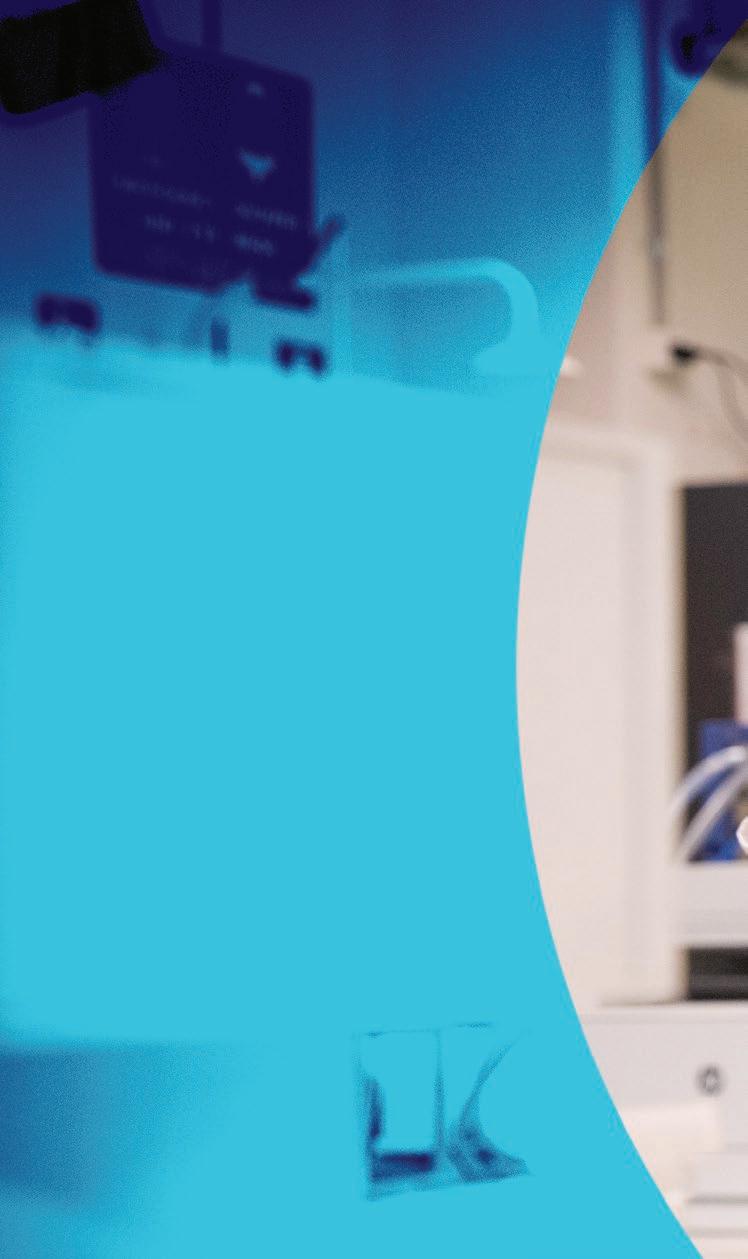
SUBJECT
Physics
Physics is the most fundamental of the experimental sciences, as it seeks to explain the universe itself, from the very smallest particles to the vast distances between galaxies. Despite the exciting and extraordinary development of ideas throughout the history of physics, observations remain essential to the very core of the subject.
Models are developed to try to understand observations, and these themselves can become theories that attempt to explain the observations. Besides helping us better understand the natural world, physics gives us the ability to alter our environments. This raises the issue of the impact of physics on society, the moral and ethical dilemmas, and the social, economic and environmental implications of the work of physicists. By studying physics students should become aware of how scientists work and communicate with each other.
While the scientific method may take on a wide variety of forms, it is the emphasis on a practical approach through experimental work that characterizes the subject. Teachers provide students with opportunities to develop manipulative skills, design investigations, collect data, analyse results and evaluate and communicate their findings.
“Science is not only a disciple of reason but, also, one of romance and passion.” Stephen Hawking

SUBJECT
Chemistry
Chemistry is an experimental science that combines academic study with the acquisition of practical and investigational skills.
It is often called the central science as chemical principles underpin both the physical environment in which we live and all biological systems. Apart from being a subject worthy of study in its own right, chemistry is often a prerequisite for many other courses in higher education, such as medicine, biological science and environmental science.
Through studying a science subject, students should become aware of how scientists work and communicate with each other. While the scientific method may take on a wide variety of forms, the emphasis on a practical approach. In addition, through the overarching theme of the “Nature of Science” this knowledge and skills will be put into the context of way science and scientists work in the 21st century and the ethical debates and limitations of creative scientific endeavour.
The sciences are taught practically. Students have opportunities to design investigations, collect data, develop manipulative skills, analyse results, collaborate with peers and evaluate and communicate their findings. The investigations may be laboratory based or they may make use of simulations and databases. Students develop the skills to work independently on their own design, but also collegiately, including collaboration with schools in different regions, to mirror the way in which scientific research is conducted in the wider community.
Common aims of the DP science subjects
Through the overarching theme of the nature of science, the aims of the DP science course are to enable students to:
♦ Appreciate scientific study and creativity within a global context through stimulating and challenging opportunities
♦ Acquire a body of knowledge, methods and techniques that characterise science and technology
♦ Apply and use a body of knowledge, methods and techniques that characterise science and technology
♦ Develop an ability to analyse, evaluate and synthesise scientific information
♦ Develop a critical awareness of the need for, and the value of, effective collaboration and communication during scientific activities
♦ Develop experimental and investigative scientific skills including the use of current technologies
♦ Develop and apply 21st century communication skills in the study of science
♦ Become critically aware, as global citizens, of the ethical implications of using science and technology
♦ Develop an appreciation of the possibilities and limitations of science and technology
♦ Develop an understanding of the relationships between scientific disciplines and their influence on other areas of knowledge
Mathematics Analysis and Approaches
Course description
The IB DP Mathematics: analysis and approaches course recognises the need for analytical expertise in a world where innovation is increasingly dependent on a deep understanding of mathematics. The focus is on developing important mathematical concepts in a comprehensible, coherent and rigorous way, achieved by a carefully balanced approach. Students are encouraged to apply their mathematical knowledge to solve abstract problems as well as those set in a variety of meaningful contexts.
Mathematics: analysis and approaches has a strong emphasis on the ability to construct, communicate and justify correct mathematical arguments. Students should expect to develop insight into mathematical form and structure, and should be intellectually equipped to appreciate the links between concepts in different topic areas. Students are also encouraged to develop the skills needed to continue their mathematical growth in other learning environments.
The internally assessed exploration allows students to develop independence in mathematical learning.
Throughout the course students are encouraged to take a considered approach to various mathematical activities and to explore different mathematical ideas.
The aims of all DP mathematics courses are to enable students to:
♦ Develop a curiosity and enjoyment of mathematics, and appreciate its elegance and power
♦ Develop an understanding of the concepts, principles and nature of mathematics
♦ Communicate mathematics clearly, concisely and confidently in a variety of contexts
♦ Develop logical and creative thinking, and patience and persistence in problem solving to instil confidence in using mathematics
♦ Employ and refine their powers of abstraction and generalisation
♦ Take action to apply and transfer skills to alternative situations, to other areas of knowledge and to future developments in their local and global communities
♦ Appreciate how developments in technology and mathematics influence each other
♦ Appreciate the moral, social and ethical questions arising from the work of mathematicians and the applications of mathematics
♦ Appreciate the universality of mathematics and its multicultural, international and historical perspectives
♦ Appreciate the contribution of mathematics to other disciplines, and as a particular “area of knowledge” in the TOK course
♦ Develop the ability to reflect critically upon their own work and the work of others
♦ Independently and collaboratively extend their understanding of mathematics

“The only way to learn mathematics is to do mathematics” Paul Halmos
Library Policy & Procedures
Policy
Westbourne College Sydney recognises the importance of providing students with adequate access to library facilities which complement and support their academic studies and research methods.
We aim for students ‘to create a space to consider and create their own view on what they are presented with by their teachers in the classroom.’2
Currently, the College’s physical configuration does not lend itself to an on-site library resource; therefore, we replicate the successful model used in the UK sister school.
Libraries have moved away significantly from a room which is full of books to a facility which includes internet research and a rich source of virtual resources. Students can utilise the local library facilities at Darling Square, the NSW state library and university libraries.
For the NSW state library, visit their website to create your own free log-in.
2 Korodaj, L. (2019). The library as ‘third space’ in your school: Supporting academic and emotional wellbeing in the school community. Scan, 38(10)
“A library of wisdom, is more precious than all wealth, and all things that are desirable cannot be compared to it.” Plato
Our students will be able to access an impressive range of resources which will meet their study requirements in the following four ways:
1. College students will have access to existing online academic resources; for example, Google Scholar, Google Books, and freely available scholarly journals and books in numerous open access academic databases.
2. In addition, students will undergo study skills and library induction training, which will cover at least the following:
a. Instruction on the procedures for the correct use of the internet sites for their studies.
b. Clear guidance from the outset of their study on their responsibilities under the College’s Academic Honesty policy.
c. Correct and effective use of internet information, which will support inquiry-led learning.
3. The City of Sydney provides free public library access to local students. This network not only provides access to an extensive book catalogue but also allows access to extensive research and homework electronic databases, some of which students will be able to access remotely. There are ten libraries in a 30 minutes walking distance of the College but the one located at Darling Square (5 minutes’ walk) provides ample capacity to accommodate our student numbers.
4. You will have open access to the extensive digital library resources of a university library. With the support of highly skilled librarians/ academic research professionals, you can hone your research and referencing skills, invaluable for the Extended Essay.

Procedures
1. The correct use of the internet for academic research and the recording of sources under the College’s comprehensive Academic Honesty policy will be introduced to the students as part of their induction into the Diploma Programme.
2. The method for applying for and using the local library network, including the appropriate behaviour expected of students, will form part of the induction programme at the beginning of the first academic year.
3. Each member of staff will assist the students by indicating a range of appropriate websites and publications so that students have appropriate guidance and support when attempting to further their studies by individual research.
Student Appearance
We aim to balance the privilege of having individuality of expression with the responsibility to be identifiably Westbourne students, who maintain the ethos of a highachieving, academic college.
The basic criterion is that students are not required to wear a uniform but they should be dressed in smart attire suited to business-like contexts. The expectation is to reflect the professionalism and values aligned with Westbourne College’s culture of high achievement.
If there is any doubt about the suitability of a student’s appearance, the DP coordinator and/or the Principal should be consulted and they will be the final arbiter in any dispute.
Therefore, the following guidelines form the parameters in which students may operate discretion:
Tailored shirts/blouse with a collar or plain polo shirts. Midriff shirts are unacceptable
Trousers or skirt; no casuals, jeans, tracksuit bottoms or active wear
Shoes only; no trainers (shoes designed for sports) or flip flops
A sweater or cardigan of smart appearance; no sweatshirts
Casual Fridays.
Must be business casual. Neat jeans (not ripped), polos, plain t-shirts, knee length dress shorts, casual shoes permitted. No joggers, hoodies, track suits, active wear, athletic shorts or street wear style t-shirts.

A jacket may be worn; no hooded jackets or sports coats
Piercing with one stud/simple loop only
Hat for outdoor use
Make up, if worn, should be light and of natural appearance
DP2 (Year 12). Students can wear an approved College jersey on Fridays, sport events or special occasions approved by the Principal.
At no time are t-shirts, sport shirts, rugby jerseys or "streetwear" permitted.
Smart business attire remain in place during exam weeks and excursions.
2025 Timetable
Below is the general structure of a day at the college for academic year 2025
* Students are encouraged to go outside. There is a wide range of food outlets within 5 minutes walk of the college.
** Year 10 students are dismissed from college after period 5.
Throughout the week, you will have time for:
♦ Independent study
♦ Individual or small group support
♦ CAS activities and events
♦ Extended Essay sessions
♦ Revision & examination preparation

External Examinations & Written Assessments
The Diploma Programme will see a range of assessments. Usually, these fall into three categories:
1. Informal assessments set by your subject teacher. These do not contribute to your final grade; however, they are useful a means of informing both you and your teacher of your academic progress and understanding.
2. Internal assessments (IAs) are a range of different tasks and assignments, which are assessed initially by your teacher and moderated by an external marker. Usually, IAs count for 20% of your final grade in each subject. There will be a timeline which will include dates for IA assessments. You are advised to note these carefully as failure to submit an IA is extremely detrimental to your final assessment.
3. At the end of your second year, in November, you will sit a range of final assessments. These are set externally and are assessed by an examiner, who is not your subject teacher. These usually consist of two or three papers, taken separately and usually on different days. Examinations vary in length and may include aural and written, long and short responses, data-based questions, essays and multiple-choice questions.
Time management
In order to assist students through the academic year, a calendar of deadlines, which includes all major dates for the year, will be distributed at the beginning of the College year. These include, but are not limited to, the Internal Assessment due dates, mock and final exams, semester exams, and the EE, CAS and TOK deadlines.
These deadlines have been carefully constructed to help our students manage the workload; therefore, it is essential all students adhere to this timeline.
We use a grading scale of 1-7, the descriptors of which can be seen in the table below. All formative and summative work will be assessed using this scale, which can give an indication of student’s possible performance in the exams. However, please note that earning a grade 5 in a class assessment should not be used as a prediction that the student will earn a 5 in the final exams.
All grading is criterion based, which means students are assessed against a set of standards and not in relation to one another. The criteria statements are different for each subject and will be communicated by the individual teachers.


There are two other assessment components related to the Diploma Programme Core. These are Theory of Knowledge and the Extended Essay:
1. There are two elements to the Theory of Knowledge assessment: the exhibition and the final essay. The exhibition contributes 33% of your final mark; the essay 67%. The exhibition is planned to take place at the end of DP1 and the essay in term 3 of DP2.
2. The Extended Essay is a 4,000 words piece of independent research. You will be assigned a tutor who will help you through the drafting and writing process. The whole process is outlined in the Extended Essay booklet which will be distributed to all students in Term 2. The Extended Essay is externally assessed and, in combination with the grade for theory of knowledge, contributes up to three points to the total score for the IB Diploma.
The IB grades for Theory of Knowledge and the Extended Essay are as follows:
The matrix for the assigning of the three inner core points is included here:

University Recognition
Make more of international opportunities as a graduate of the Diploma Programme. The Diploma Programme is recognised as an excellent preparation for top universities, opening doors globally (including Australia).
Many universities will consider your IB Diploma Score and may well have specific grade scores in individual subjects. Most universities have clear websites which indicate entry qualifications. Further information may be found from:
https://www.ibo.org/university-admission/recognitionof-the-ib-diploma-by-countries-and-universities/
The IBO has also produced a very handy booklet about applying to Australian Universities.
The ATAR System
In Australia, IB Diploma scores are matched against a national system used for University admissions. The system ranks students based in their IB Diploma results and compares these with other students who have received the same or similar qualifications.
The scale goes from 99.95 through to zero. So an ATAR score of 70.00 means that a student has ranked 30% from the top score in that particular year. For Australian national IB Diploma students applying to most Australian Universities a conversion from IB Diploma result to ATAR is produced. This conversion is determined by the Australian Conference of Tertiary Admissions Centres (ACTAC).
39 points: Median score for Westbourne College, Class of 2023
See the IB Australasia website for the full table of conversion.
The table below gives the situation for IB students applying for 2025:
35

“Keep exploring, keep dreaming, keep asking why?”
Barack Obama

Academic Honesty
Westbourne College takes academic honesty very seriously reflecting the high standards the IB holds in this regard for its students. The Academic Honesty Policy covers all aspects of academic malpractice including plagiarism, copying of another student’s work, cheating and other forms of dishonest practice.
In any piece of research there are responsibilities on the person conducting the research to himself/ herself, the College, the IB, the academic world. The following is a definition:
An authentic piece of work is one that is based on the candidate’s individual and original ideas with the ideas and work of others fully acknowledged. Therefore, all assignments for assessment, regardless of their format, must wholly and authentically use that candidate’s own language, expression and ideas. Where the ideas or work of another person are represented within a candidate’s work, whether in the form of direct quotation or paraphrase, the source(s) of those ideas or the work must be fully and appropriately acknowledged.
As part of induction, all students will receive instruction about what academic honesty is and the responsibility it places on all members of the school community to uphold these high standards. When investigating reports of academic dishonesty, the IB does not consider intent; therefore, it is critical that all students understand what is expected of them.
All students from the outset must practise research, reporting and academic study practices under these guidelines. The International Baccalaureate and Westbourne College will treat violations of the Academic Honesty Policy as a very serious matter. In judging cases of concern neither the International Baccalaureate nor Westbourne College discerns whether an incident of academic dishonesty was intentional, it is the fact that is addressed not the intent. Therefore, breaches of this policy may well result in the International Baccalaureate refusing to grant a Diploma; therefore, appropriate attention should be given to this matter.

Reporting
Westbourne College Sydney provides formal reports to students and parents.
Year 10
1. At the end of terms 1 and 3, student performance will be reported by means of a colour coded system. The aim is to indicate whether a student is on track and achieving the academic standard appropriate to their ability. If there is a concern with a student’s progress, the teacher will provide a comment outlining their concerns. It is expected that these concerns will already have been raised with parents.
2. At the end of terms 2 and 4, student performance will be reported in full written reports, which will include performance grades based on NESA Course Performance Descriptors which grade students from the highest grade “A” to the lowest performance level “E”.
3. Parents will be invited to meet with teachers at the end of term 2.
DP1
1. At the end of terms 1 and 3, student performance will be reported by means of a colour coded system. The aim is to indicate whether a student is on track and achieving the academic standard appropriate to their ability. If there is a concern with a student’s progress, the teacher will provide a comment outlining their concerns. It is expected that these concerns will already have been raised with parents.
2. At the end of terms 2 and 4, student performance will be reported in full written reports, which will include performance grades.
3. Parents will be invited to meet with teachers at the end of term 2.
DP2
1. At the end of term 1, student performance will be reported by means of a colour coded system. The aim is to indicate whether a student is on track and achieving the academic standard appropriate to their ability. If there is a concern with a student’s progress, the teacher will provide a comment outlining their concerns. It is expected that these concerns will already have been raised with parents.
2. At the end of term 2, student performance will be reported in full written reports, which will include performance grades.
3. At the end of term 3, student performance will be reported in full written reports, which will include performance grades.
4. Parents will be invited to meet with teachers in term 2.
Digital Resources
In line with our aim to replicate a modern, paperless office environment, resources required for Year 10 and 11 will involve digital textbooks where possible.
This scheme allows you remote access to the digital resources for your chosen subjects and obviate the need for you to carry bulky textbooks to and from home and College. You will be able to make personal notes in the text and teachers will be able to add video clips, hyperlinks etc to enhance the textbook.
IT Requirements
Whilst the choice of a computer is very much a personal preference, iPads or Android tablet type devices are only suitable as secondary.
THE FOLLOWING MINIMUM REQUIREMENTS ARE OFFERED AS A GUIDE:
♦ Windows or Mac OS Laptop with digital inking capability
♦ Operating systems: Windows 10 or Windows 11, or Apple mac OS 12+
♦ Stylus – this is essential
♦ 8GB or higher RAM
♦ 256GB SSD or higher Hard Drive
♦ 10+ hours battery life. Students should bring a fully charged device at the beginning of the day
♦ Built in camera and microphone
♦ Headphones or earbuds (during independent study)
♦ USB ports
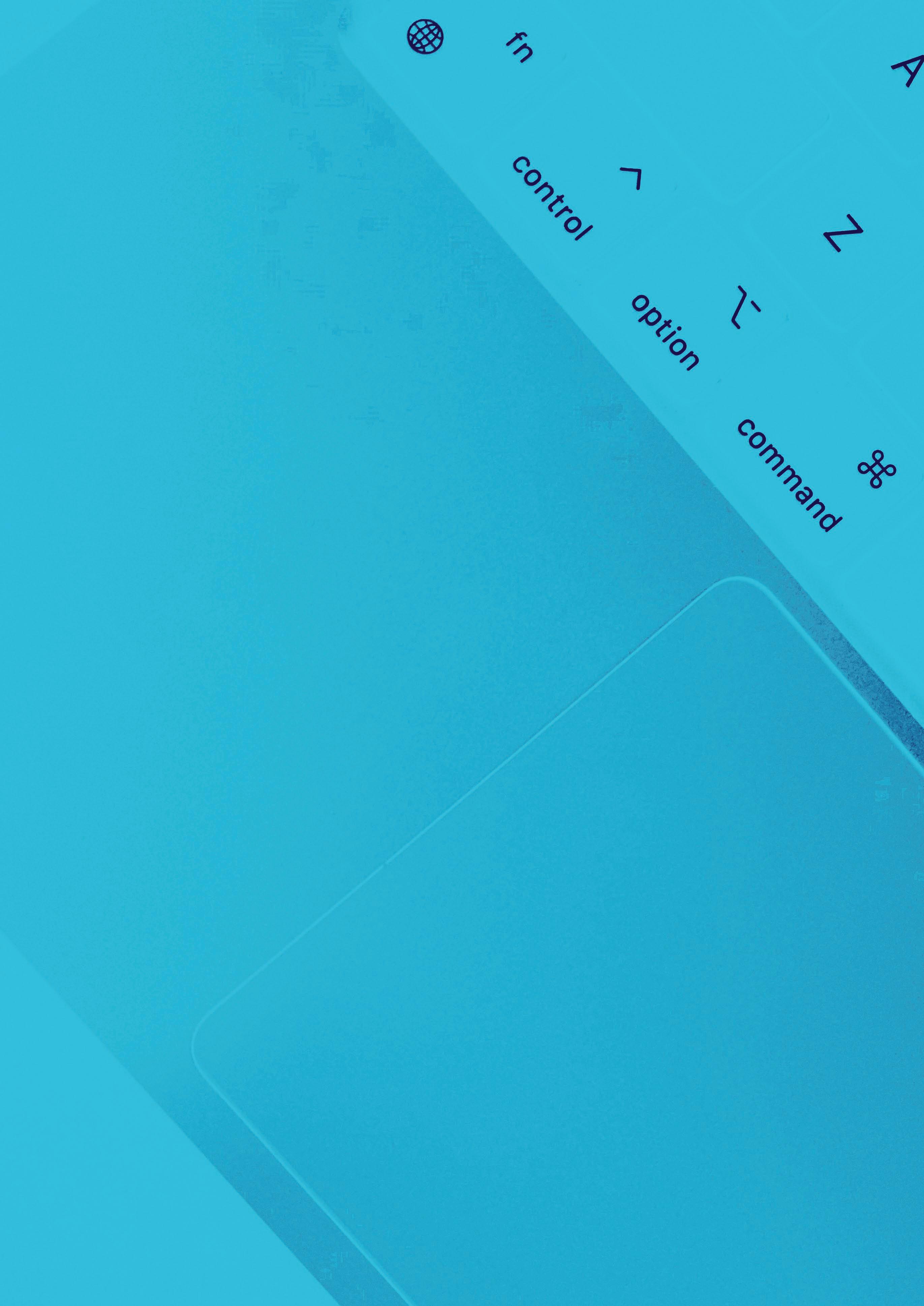
♦ Software: Current browser (Chrome or Safari) & Microsoft Office 365
♦ Note, for a Mac OS Laptop to have digital inking capability, it would require an iPad or bluetooth tablet in addition
Important: All laptops must have active antivirus software installed Students will be required to sign an acceptable IT use agreement at the beginning of term
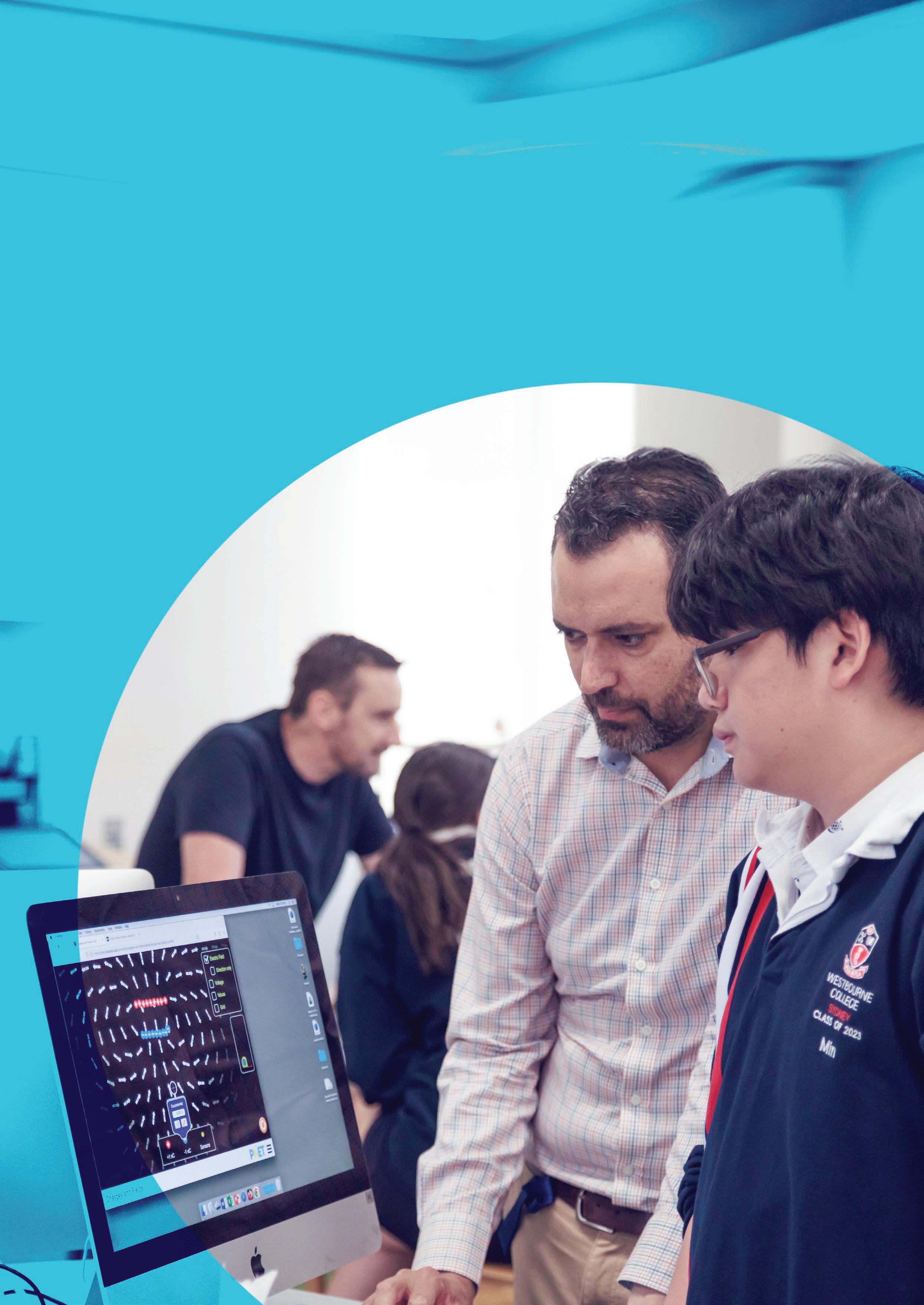
College Access
At the beginning of the first term, students will be issued with an individual pass which will operate the lift to the College floor. Please note that access to the College floor cannot be gained if you do not have your lift pass; therefore, it is critical that you take care of your pass and carry it with you.
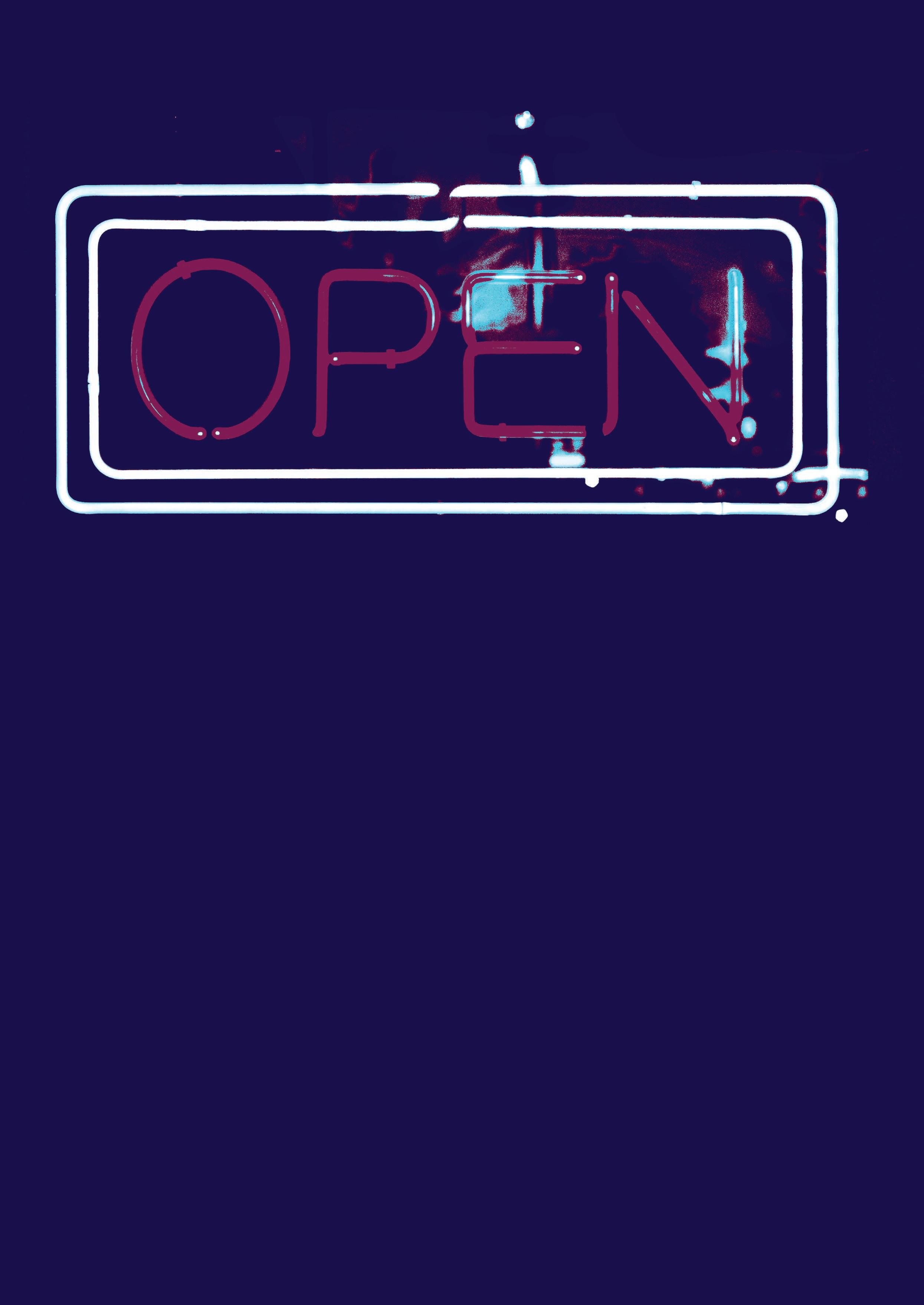
Entrance to the College is by lift access only. The College premises will open at 08.00 and close at 16.30
You will be held responsible for the safe keeping of your pass. Lost or carelessly damaged passes will incur a replacement charge.
Term 4 Monday 13th October Wednesday 10th December
Philosophy
At Westbourne College we believe:
♦ In maintaining a stable, caring and happy college community in which students are able to develop sound relationships with one another and with their teachers;
♦ In enabling students to work together with enthusiasm and mutual respect;
♦ That each student deserves a broad-based education leading to good academic qualifications and developing the skills necessary for university and adult life;
♦ That it is important to foster all-round characters who develop the skills of independent thinking, problem solving, decision making and initiative taking;
♦ That it is important to inculcate sound moral and ethical principles and an awareness of the needs of others;
♦ In developing inquiring, knowledgeable and caring young people who help to create a more peaceful world through intercultural understanding and respect;
♦ In encouraging students to become active, compassionate and lifelong learners, understanding that other people with their different cultures may also be right.
General Considerations
Complementing our philosophy, the College will provide an exciting two-year experience that will be both challenging and rewarding.
♦ There will be opportunities to engage in a rigorous, academically demanding and intellectually challenging IB Diploma Programme. Small study and teaching groups will ensure a nurturing context, which caters for individual needs and develops personalised learning.
♦ An enriching and comprehensive Creativity, Activity and Service (CAS) Programme will complement the academic curriculum, increasing organisational and leadership skills, inculcating self-confidence and developing an all-round impressive character; the leaders of the future.
♦ Through service activities in local, national and international environments, we will develop students who are self-determining, responsible global citizens.
♦ Focused career and college guidance will open doors to the most competitive universities worldwide. We will develop leadership skills and the awareness of responsibility and accountability as integral parts of the IB Diploma Programme. We intend to produce students capable of making a mark in a global society.
Privileges and Responsibilities for our Students
We expect our students to represent the Westbourne College ethos, which is based on mutual, friendly respect and courtesy and preserves the correct balance between one’s privileges and responsibilities.
Our behaviour policy is based on the interaction between student’s privileges and responsibilities. The Students’ Rights and Responsibilities’ document is an expression of our College philosophy relevant to a top performing IBDP College operating in a business-like environment. Underlying it is the clear expectation that all members of the community will be treated with respect and kindness, will contribute positively in every way they can to the school community, and respect and value all members of the community.
The Students’ Rights and Responsibilities document will be reviewed with the College students regularly.
Plus Ultra
Opening doors to global opportunities and preparing you for your future begins from day 1 at Westbourne College Sydney.
Westbourne UK Exchange Trip
Studying alongside your UK colleagues, Year 11 students will be able to visit some of the best universities in the world including Oxford, Cambridge and Imperial, as well as experience an MBA-style live case run by INSEAD professors. Further details will be provided when available.
Access to Local Tertiaries
Gain practical experience in nearby science labs at local tertiaries such as UTS, UNSW and USYD. Students can enjoy enhanced facilities and work collaboratively on co-curricular initiatives.
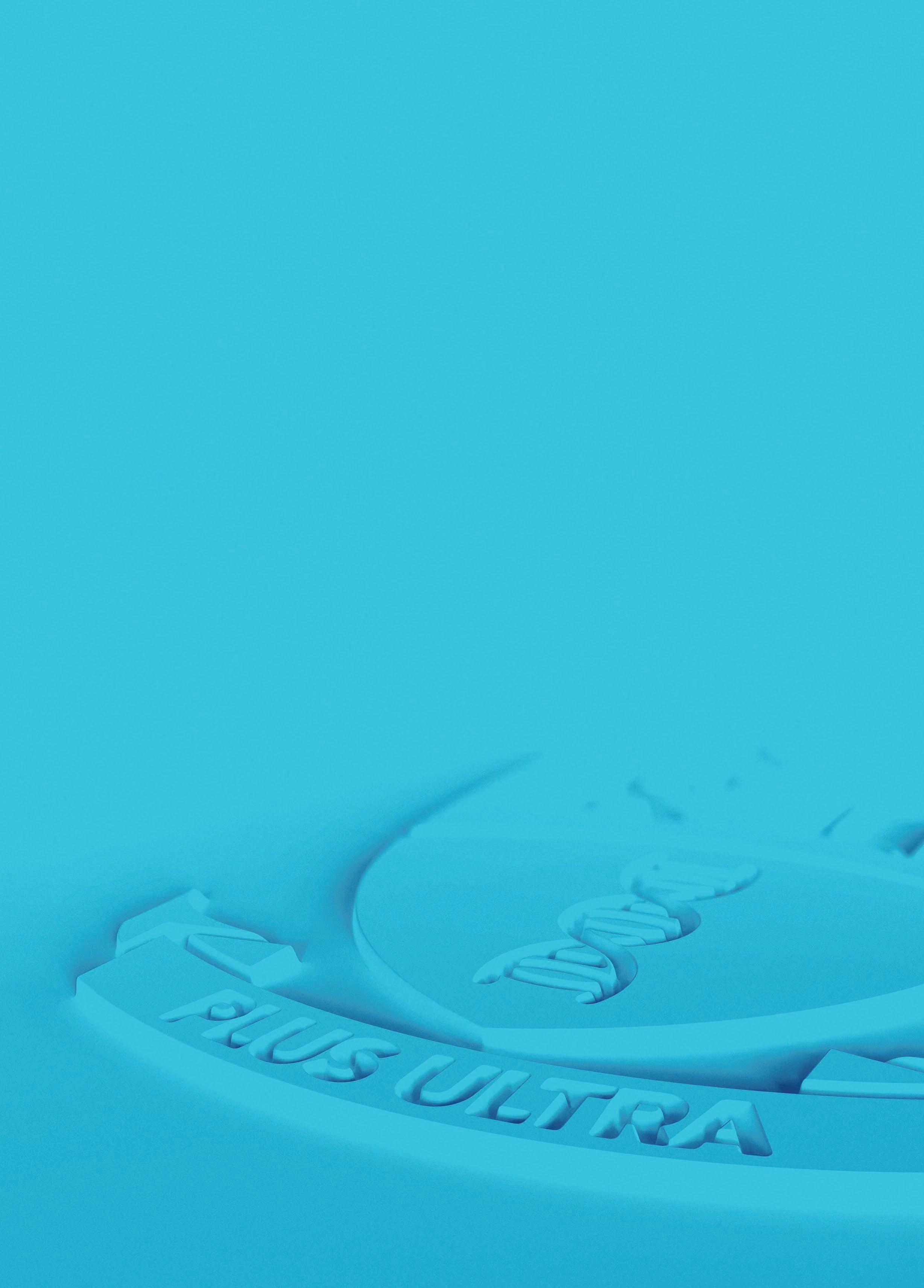
Future Leaders Lab
The future is here and you are the generation on the brink of change. Future Leaders Lab brings together students aged 15 – 17 years from across the globe for a transformative one-week experience. Develop the skills today that you will need for tomorrow.
Getting to College
Train Light Rail
College is approximately 10-15 mins walk from either Town Hall or Central Station.
From Town Hall Station
Take the scenic route past the Chinese Garden of Friendship and Tumbalong Park, towards College via Darling Quarter. Head towards the back of Powerhouse Museum, crossing the light rail line and up the staircase to Harris Street. Powerhouse Museum should be on your right.
From Central Station
Head for Railway Square exit 7 and follow The Goods Line Urban Walkway. Once you’ve reached Powerhouse Museum, turn left and up the hill to Harris Street towards College. Powerhouse Museum should be on your right.
The nearest light rail stop is via the L1 line with the closest stops as ‘Paddy’s Market’ from Central Station or ‘Exhibition Centre’ from Dulwich Hill. Head up the stairs towards Harris Street with Powerhouse Museum on your right.
Bus
Bus stops are located directly downstairs of College on Harris Street. Refer to Transport NSW to find a route suited to you.
Key Contacts
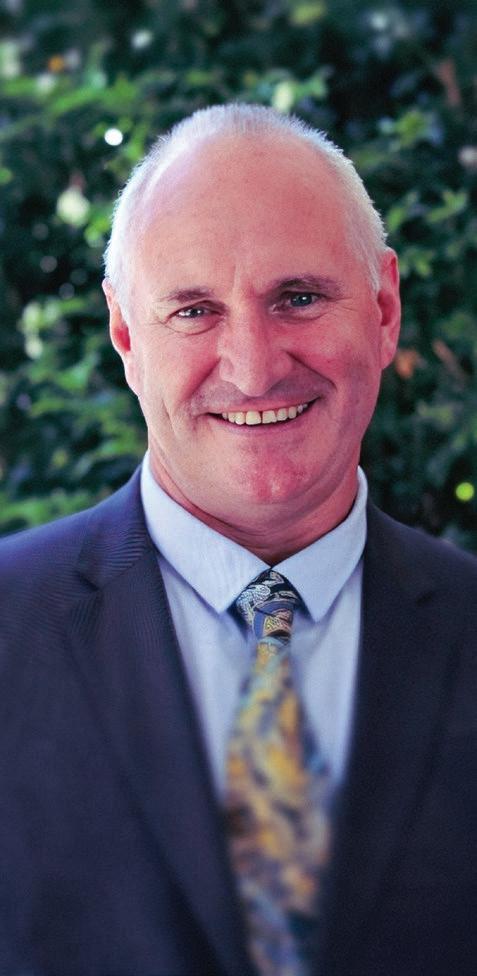
Patrick McGing Principal
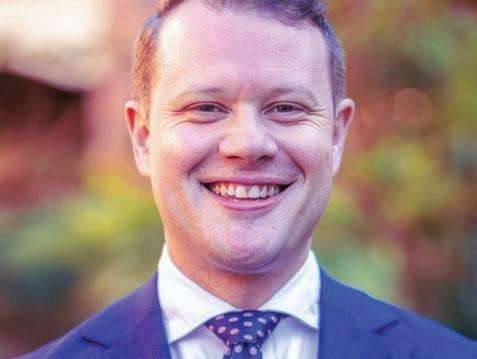
Matt Leeds Deputy Principal & IB Coordinator
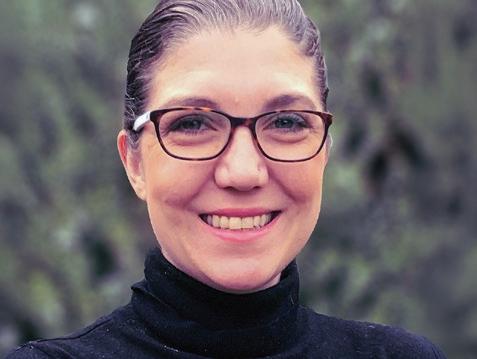
Rebecca Hammond Administration

Dr Lusha Kodikara ToK Coordinator

Liane Brown Administration

